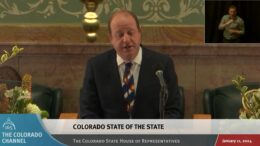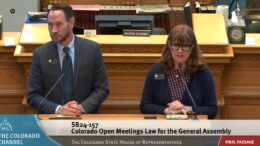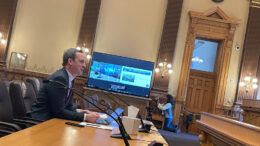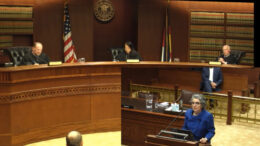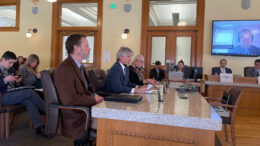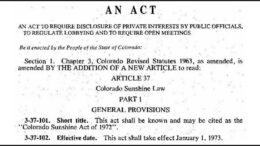Polis signs bill exempting state legislators from provisions of the Colorado Open Meetings Law
Citing the separation of powers as “a core tenet of our democracy,” Gov. Jared Polis signed into law a bill that narrows the definition of “public business” in the Colorado Open Meetings Law as it applies to the legislature and lets members of the General Assembly communicate by email and text message without it being a “meeting” under the law.

